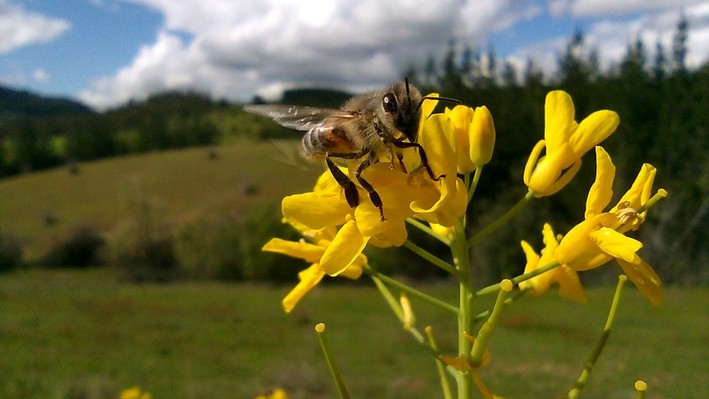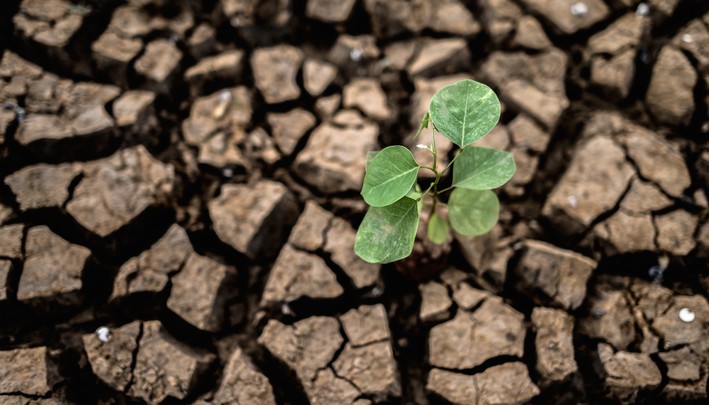Regional project promotes regenerative beekeeping based on Ñuble's natural flora
In Ñuble, researchers from INIA Quilamapu developed an innovative three-year project focused on strengthening beekeeping by identifying the honey-producing flora in three representative agroecological zones of the region.
This initiative, funded by the Ñuble Regional Government, seeks to promote a natural and regenerative beekeeping model that prioritizes the well-being of bees and their environment.
The study characterized key floral species for honey production and pollination, highlighting the importance of preserving these ecosystems to ensure the sustainability of the beekeeping sector. The use of remote sensor technology facilitated real-time monitoring of environmental conditions, such as temperature and humidity inside hives, as well as optimal climatic variables for bee flight activity.
Project coordinator Marcelino Claret emphasized that bees play a fundamental role not only in the ecosystem but also in local culture and economy. He noted that these species have accompanied humanity for millions of years and that Apis mellifera is responsible for pollinating up to 35% of global food crops.
Meanwhile, natural beekeeping experts called for revaluing the production of organic, chemical-free honey, stressing the need to promote its consumption, especially in educational centers like schools and kindergartens. They affirmed that this practice helps improve public health while supporting beekeepers who adopt more sustainable and environmentally friendly methods.
The seminar "Technology with Purpose for Caring Beekeeping," which brought together nearly 80 attendees in Chillán, officially concluded this project, leaving behind a digital atlas that will soon provide valuable information to enhance beekeeping in Ñuble and strengthen the conservation of its rich natural flora.














